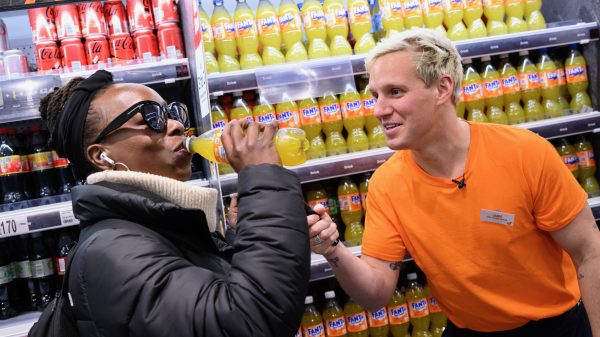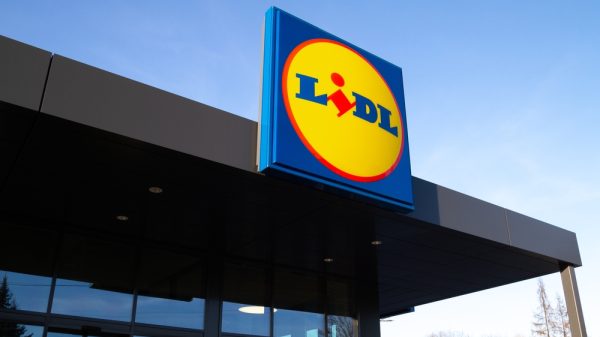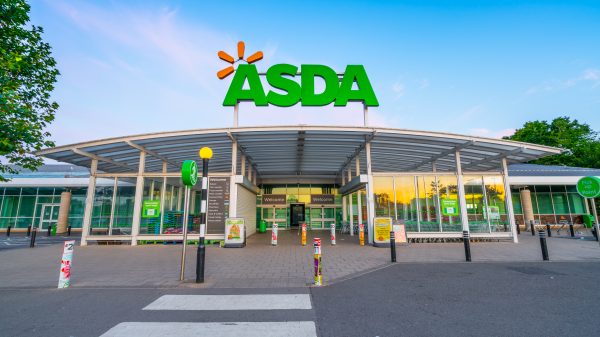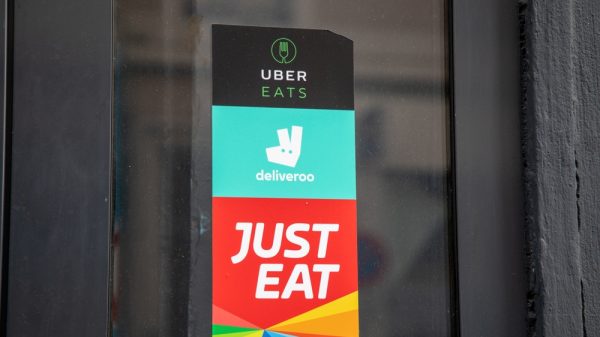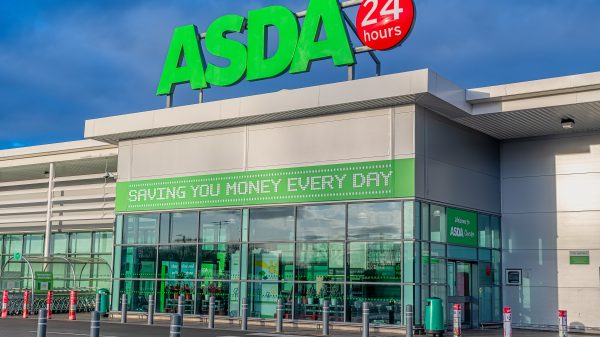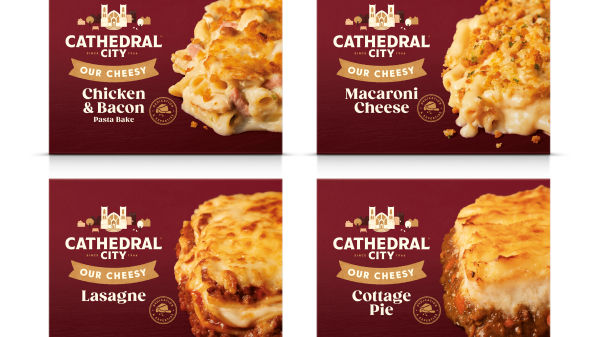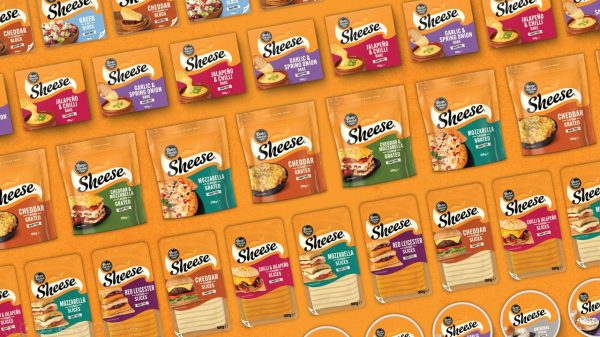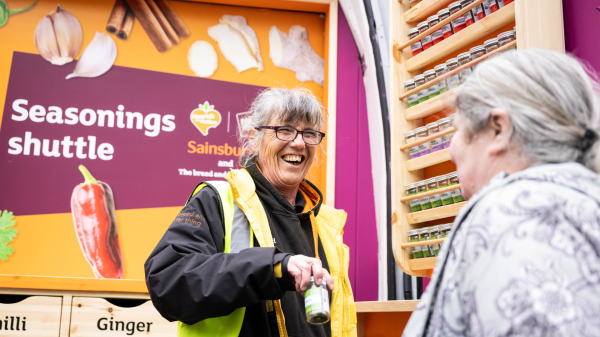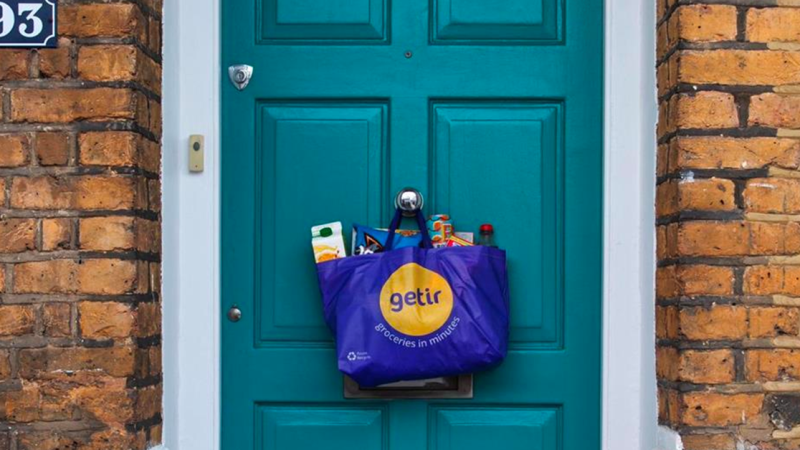Some 64% of Brits have said supermarket price-matching and offers do not go far enough to alleviate their increasing food bills during the cost-of-living crisis, according to a recent study from Ubamarket.
Leading retail app Ubamarket, which commissioned the study, found that 55% of supermarkets don’t help consumers enough to alleviate food price inflation.
The study also found that 60% of Brits do their weekly food shop across multiple retailers to keep spending down, while 54% of Brits have started imposing a limit on how much they spend at the supermarket during the cost-of-living crisis.
With inflation continuing to hit new peaks, British consumers face the worst cost-of-living squeeze since the 1950s as businesses wrestle with rising supply chain costs and energy prices.
Sign up to Grocery Gazette’s FREE daily newsletter here
Food price inflation across Britain could reach a peak of 15% this winter, with the average cost of annual groceries already set to increase by £533, according to retail analysts the Institute of Grocery Distribution (IGD).
As British consumers seek cost-effective ways to curb the impacts of inflation, Ubamarket’s ‘Scan, Pay, Go’ technology transforms loyalty schemes in the convenience and mid-sized supermarket sector and allows local grocery retailers to compete in the food retail landscape.
The technology identifies shopping patterns, favourite brands and regular purchases to offer consumers exclusive deals and money-saving opportunities for products they buy the most, helping them keep their shopping bill down amid the cost-of-living crisis.
“Supermarket chains and suppliers rely on narrow profit margins, although most industries are affected by the rising rate of inflation, consumer goods and foods have felt a stronger impact,” said Ubamarket CEO Will Broome.
“We believe that it is the responsibility of retailers and grocery chains to help curb the impacts of inflation on consumers where possible.
“In light of this, we’ve currently introduced initiatives with some of our partners to match inflation and discount hundreds of products on our app accordingly for the month of September.”
Broome added: “Suppliers will typically request small price increases, now we see suppliers requesting up to 10% increments to fight inflation, which is directly passed on to the consumer – at the end of the day it becomes a tug-of-war on profits and the burden lies with the consumer.
“We can expect to see food prices begin to fall in line with inflation, but this won’t happen until 2023 at the earliest.”

